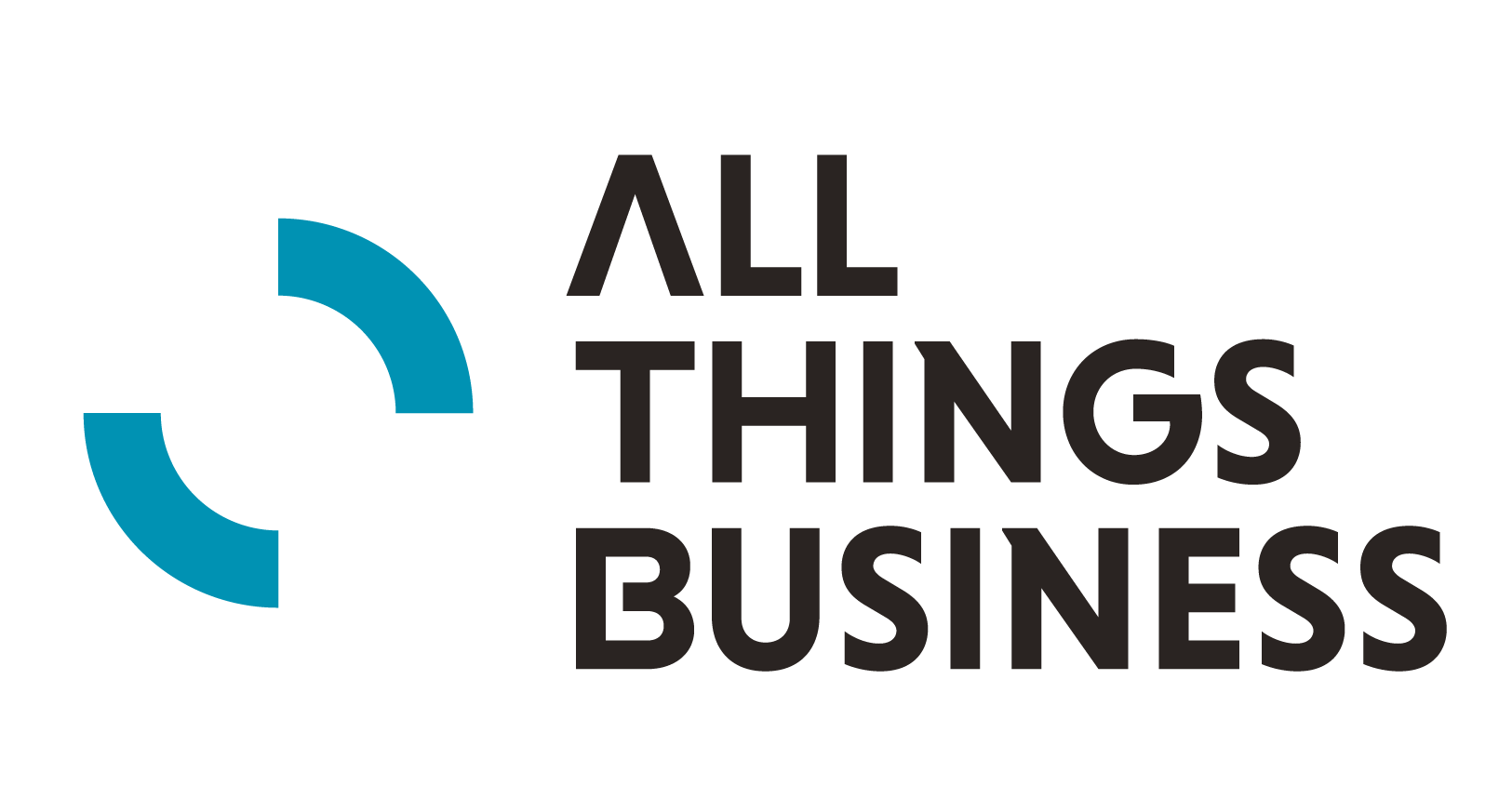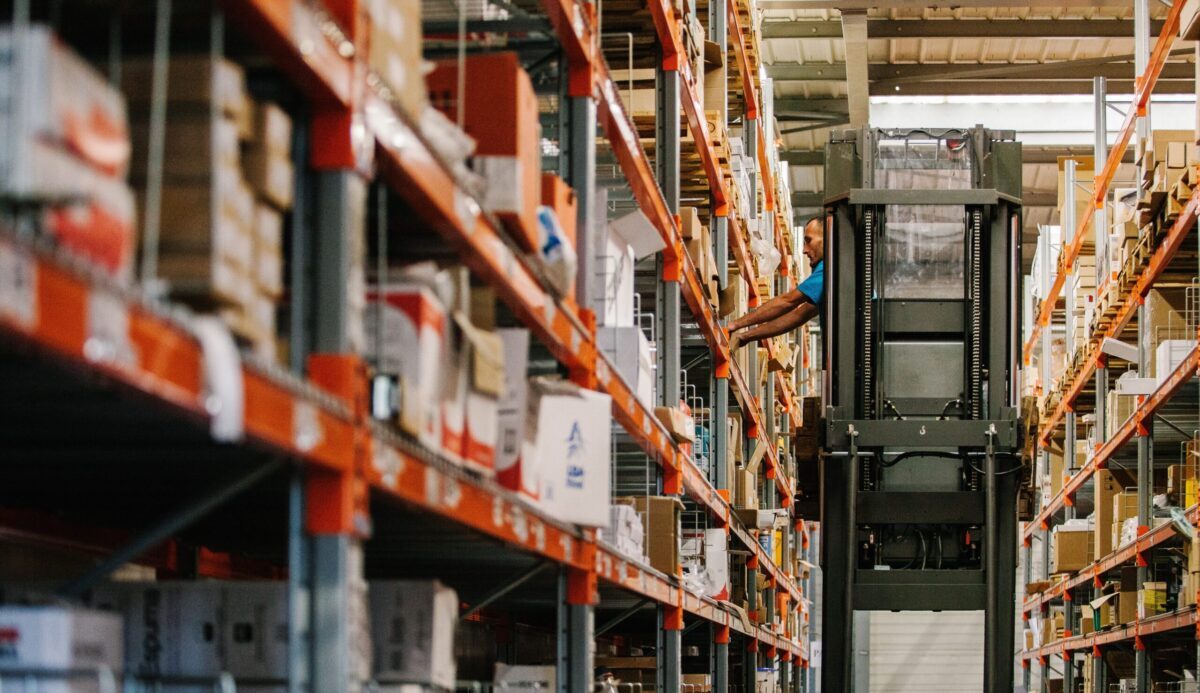Cross-Border Commerce Europe, the platform driving cross-border e-commerce in Europe, has published its latest blue paper summarising the learnings of seven knowledge and brainstorming sessions between C-Level executives from leading global retailers making up the Cross-Border Commerce Europe Green Supply Chain High Level Group, including L’Oréal, Kering and Adidas.
The report is intentionally provocative to reflect the group’s urgency to stimulate radical innovation and drive tangible improvements to sustainability in the e-commerce industry.
The COVID-19 pandemic triggered profound changes in consumer behaviour, simultaneously causing explosive growth in sales volumes and a capacity squeeze in transport networks and demonstrating how vulnerable e-commerce markets are to external disruptions.
Climate change is at a breaking point. The impact of e-commerce can no longer be dismissed, as transport and logistics account for almost 25% of all European greenhouse gas emissions. As online consumers expect credible action in this field, new legislation such as the EU Fit for 55 package will require e-commerce companies to proactively step up and improve the sustainability of their supply chain networks.
The 20-page Green Supply Chain blue paper is the result of seven brainstorming sessions gathering eight international C-Level retail executives representing multiple sectors and EU countries.
The following topics are addressed included: developing a sustainability vision and strategy, choosing a carbon measurement and reduction framework, practical steps to improve sustainability, the importance of collaboration, stakeholder communication, recommendations for EU policymakers, quick sustainability self-assessment and best practice case studies.
The views expressed by each retail executive were their own takeaways and do not necessarily reflect the official positions of their companies. Some of the initial learnings and takeaways from the report were:
Companies that want to start their e-commerce sustainability journey can choose from a wide range of opportunities to achieve greener supply chain networks and reduce greenhouse gas emissions.
The EU is putting strict legislation in place to reduce greenhouse gas emissions by 55% by 2030 and become the first climate-neutral continent by 2050. Companies will be required to step up or be penalised. Companies are advised to align their ambitions with the binding EU targets.
Consumers are increasingly sensitive to the environmental impact of e-commerce. As online shoppers expect credible action and communication in this field.
Communication towards end consumers should be innovative and creative to be impactful. In the same vein, consumers can be incentivised to use greener delivery methods or be offered a choice to offset the greenhouse gas emissions of their delivery.
Green supply chain can only be achieved through more collaboration of all upstream and downstream partners and their logistics service providers
Sustainability must become an integral part of the overall business and supply chain strategy. Developing a long-term vision and strategy including SMART objectives should be the first step in the sustainability journey. The group highlighted the importance of individualised sustainability self-assessment: comparing the internal ‘as is’ situation with the desired ‘to be’ vision and performance.
With transport and logistics accounting for around 25% of greenhouse gas emissions, a Green Supply Chain strategy should play a pivotal role even in this post-COVID-19 supply chain storm.

Chairmen Sven Verstrepen of Ghent University, and Roel Gevaers of the University of Antwerp, said:
“e-commerce companies are urged to make environmental sustainability an explicit building block of their supply chain strategy. This can be achieved through more collaboration of all upstream and downstream partners and their logistics providers. These last will play an essential role in the greening of the e-commerce sector.”
Carine Moitier, Founder of CBCommerce.eu, added:
“This blue paper acts as an inspirational document for e-commerce companies to develop a sustainability vision and gather the best recommendations and strategies from industry experts. I would like to thank the participating International Retail C-Level executive members, Chairmen, and our Knowledge Partner GeoPost/DPDgroup, for their insights and contributions to this eagerly awaited overview.”
Cross-Border Commerce Europe is the European network and knowledge platform for all e-commerce and omnichannel players present in at least three countries in Europe.
CBCommerce.eu connects the different actors to increase visibility, share knowledge and figures, identify trends and specificities of each European country.
Members of Cross-Border Commerce Europe are brands and retailers of all sizes. Partners are suppliers of services in all areas of trade.
Find out more at www.cbcommerce.eu

